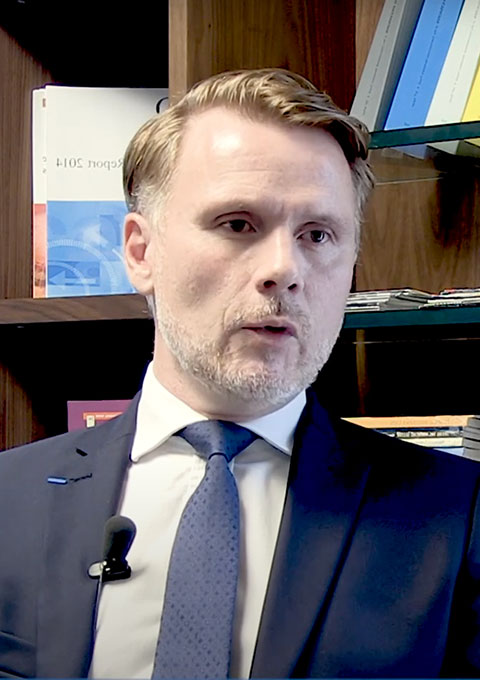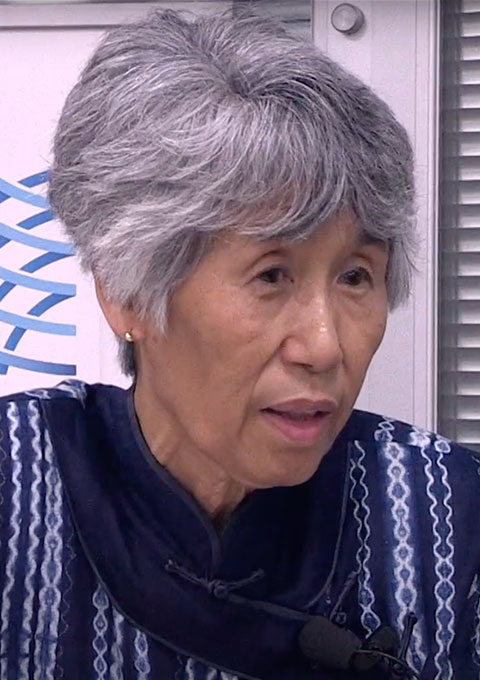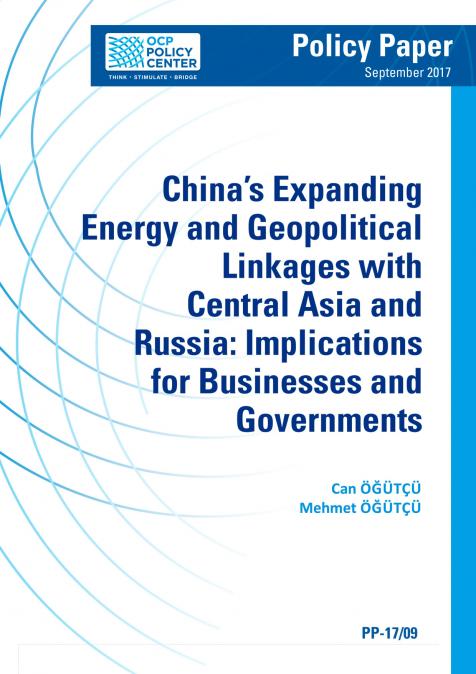Durant les années précédant la crise sanitaire, l’inflation n’était pas un sujet de préoccupation pour les économies surtout occidentales, habituées depuis plusieurs décennies à une certaine stabilité. Vers fin 2019, l’évolution des prix à la consommation était contenue en dessous de 1,5% en Europe, et 2% aux Etats-Unis. Le cours du pétrole avait baissé de 10% sur l’année et les cours des métaux industriels et des matières premières agricoles étaient en recul. Cependant, la situation actuelle présage d’un renversement de tendance. Depuis le creux de juin 2020, les cours des céréales ont presque doublé pendant que ceux des métaux industriels ont progressé de plus de 80%. Le redressement des prix du pétrole était plus étonnant, avec un cours du Brent passé de 17 dollars le baril à près de 70 en l’espace d’un an. Ce mouvement a d’abord été initié par des contraintes pesant sur l’offre : il s’agit notamment de défis climatiques qui ont affecté les récoltes, la contraction de la production minière sous l’effet des mesures sanitaires, le durcissement des quotas de production par l’OPEP, etc. Depuis, la demande mondiale s’est raffermie, enflammée par un puissant mouvement de reconstitution des réserves de précaution, sous la crainte d’une pénurie mondiale. L’activité logistique a considérablement pâti de perturbations : conteneurs insuffisants ; hausse des prix des palettes en bois, voire même des emballages ; ainsi qu’une pression notable sur les coûts du fret maritime. Dans l’ensemble, les tensions inflationnistes commencent à se manifester tout au long de la chaine de production, augurant d’une hausse éventuelle des prix à la consommation. La trajectoire actuelle des prix des commodités, conjuguée à d’autres facteurs confluents, y compris des perspectives de croissance économique favorables, soutenues par des politiques monétaires et budgétaires accommodantes ; annoncerait peut-être un nouveau super cycle des matières premières.

















